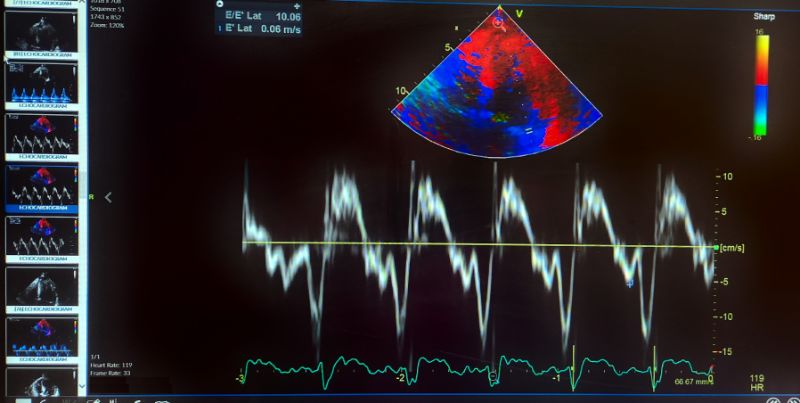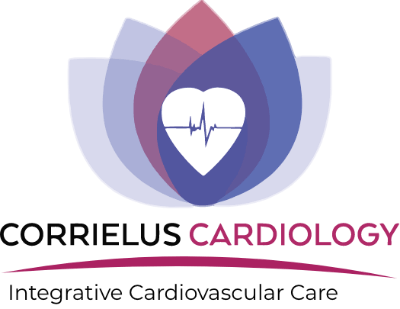An echocardiogram or echo test uses ultrasound technology to evaluate the function and structure of the heart. At Corrielus Cardiology, we offer several proven echocardiogram techniques to give patients the most accurate depiction of their heart health.
Our Philadelphia wellness center is led by our board-certified cardiologist, Dr. Sanul Corrielus, who values using non-invasive testing and treatments to promote better heart health and overall wellness.
If you have symptoms of heart problems, an echocardiogram can help to see what's going on inside your heart. This test is a diagnostic technique used to measure the electrical activity in your heart. An echocardiogram could provide the information our team needs to ensure you get the right treatment.
An echocardiogram is a diagnostic tool that uses ultrasound technology. It tests how your heart beats and pumps blood and how blood flows in and through your heart.
At Corrielus Cardiology, our team uses echocardiograms to diagnose conditions such as:
Heart disease causes many deaths for both men and women in the United States and around the world. An echocardiogram is a safe, highly effective study that can help prevent heart disease.
An echocardiogram uses sound waves to generate moving pictures of your heart.
The echocardiogram machine has a transducer (ultrasound wand), a handheld device that transmits sound waves into your chest. The sound waves bounce back to the transducer, which relays the information to a computer.
The different patterns made by the sound waves as they bounce back off your heart give our team a clear view of your heart's size, shape, and function.
The procedure can vary depending on which type of echocardiogram you're having. The standard test is the transthoracic echocardiogram, which is just like having an abdominal ultrasound.
The technician applies a slippery gel to your chest and passes the transducer over your skin. The gel helps the transducer slide smoothly and improves the quality of the images.
This process shouldn't feel painful, but you might experience pressure on your chest if the technician needs to press down to get a better picture.
In some cases, you might require a different type of echocardiogram.
Transthoracic echocardiogram (TTE) is the most common echocardiography technique. This method acquires images of the heart by moving a transducer to various locations on your chest or abdomen.
Transesophageal Echocardiogram (TEE) is a highly effective echocardiogram that enables Dr. Corrielus to evaluate the heart’s structures and blood flow by using a tube passed down your throat while you're under sedation.
A TEE gets closer to your heart, so you might need one if your provider needs to see your heart in more detail. TEE produces remarkably clear images that are not inhibited by traditional ultrasound methods through the chest wall.
When an echocardiogram is performed before and after the heart is “stressed,” it is called echocardiographic stress testing. Stress is induced in the heart in a safe, controlled environment by either having the patient exercise or by injecting medication to accelerate the patient’s heart rate.
This type of test is commonly done to measure the rate of blood flow to the heart.
We might recommend that you have an echocardiogram if you have symptoms of heart problems, such as:
- Chest pain
- Atrial fibrillation (fast, irregular heartbeat)
- Presyncope (feeling faint and lightheaded)
- Shortness of breath
- Heart murmur
- Malignant hypertension (dangerously high blood pressure)
You might also need an echocardiogram if you have congestive heart failure or suffer a transient ischemic attack (TIA or mini-stroke).
An echocardiogram helps Dr. Corrielus view intricate structural details and pumping actions of the heart. Our skilled team at Corrielus Cardiology can help you regain control over your cardiovascular health.
Our integrated approach to cardiovascular health prioritizes your overall well-being and quality of life.
To schedule your cardiology consultation, call Corrielus Cardiology at 215-383-5900 or book an appointment online.



